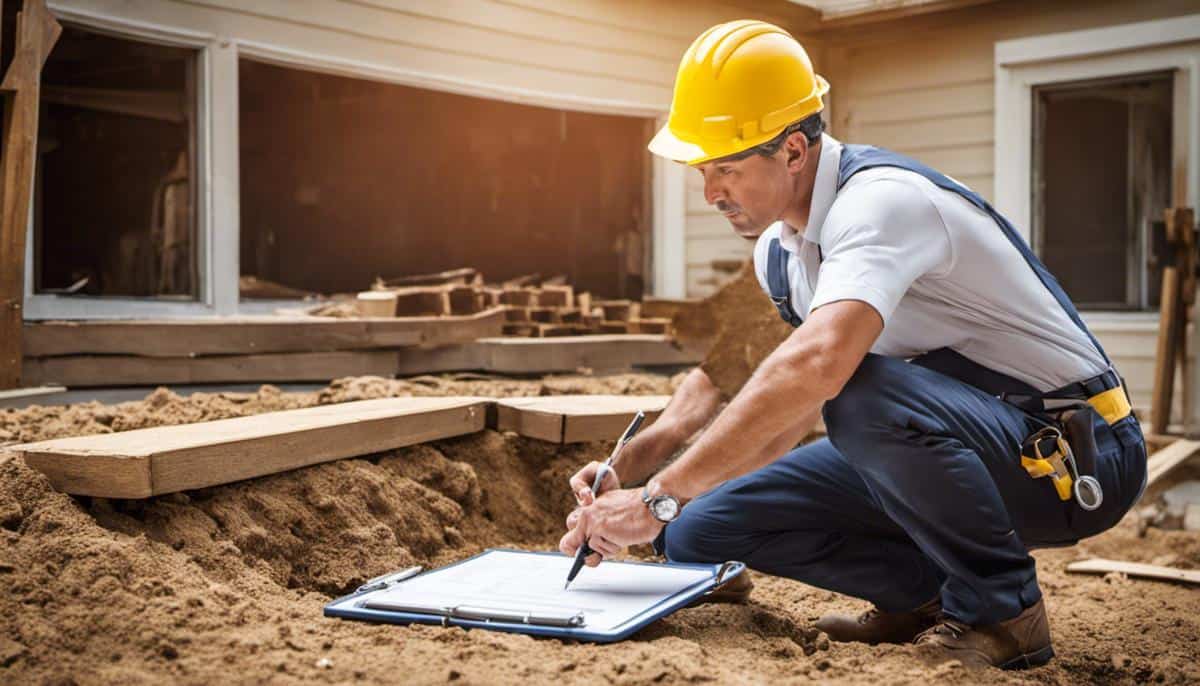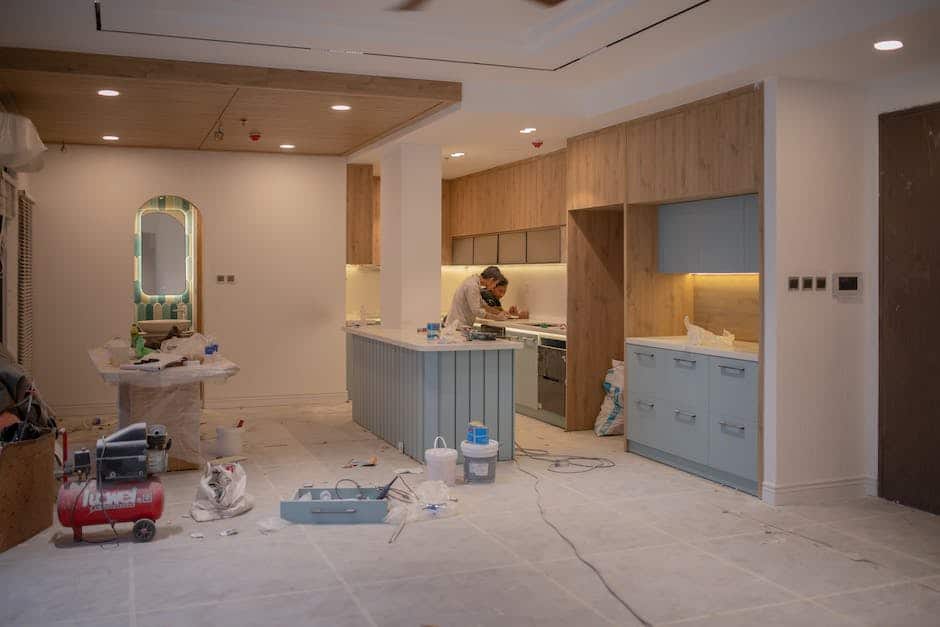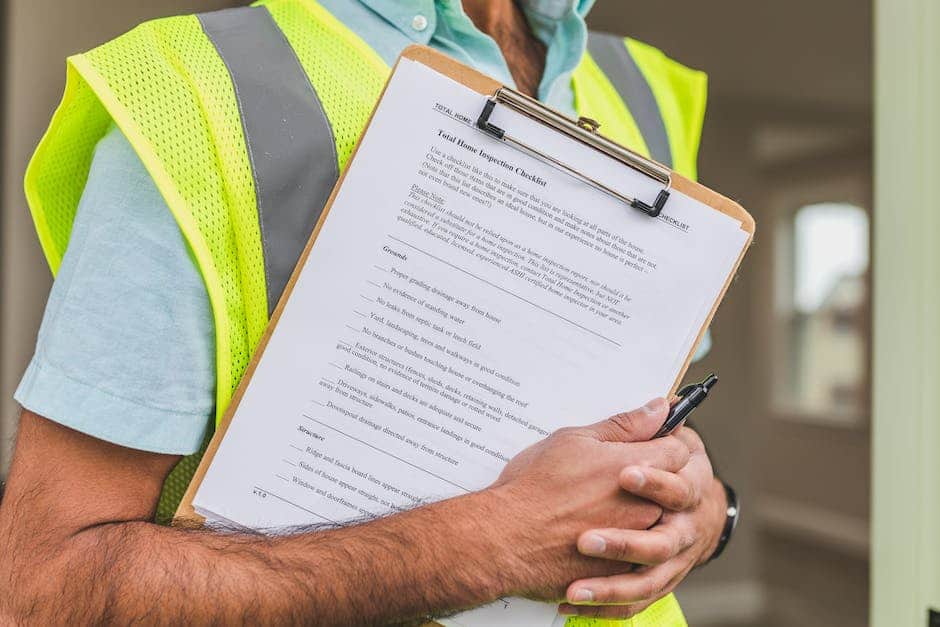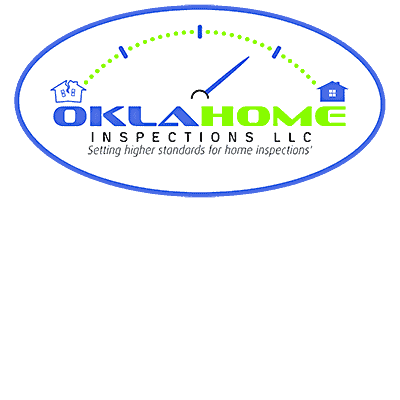
26 Oct Necessity of Structural Home Inspection in Today’s Market
For most people, buying or selling a home is a significant event that often marks a new chapter in life. However, the transaction is complex and involves intricate details, with one of the most important aspects being a structural home inspection. This process is more than just an obligatory procedure – it’s an opportunity to understand the strengths and weaknesses of a property, providing a comprehensive view of what one is investing in or letting go. From exploring the deep-throat definition and importance of a structural home inspection to discussing the potential risks of skipping it, this discussion aims to unearth the vast potential of home inspections in driving business value and shaping the future of the real estate landscape.
Understanding the essence of structural home inspection
First Impressions Are not Enough: The Indispensable Value of Structural Home Inspections in Property Transactions
In the fast-paced, high stakes world of real estate transactions, experienced property buyers will unfailingly acknowledge the indubitable worth of a structural home inspection. Essentially, an investment in a meticulous home inspection holds the key to unveiling hidden structural deficits, mitigating financial blunders and fortifying one’s property portfolio.
Diving right in, property investments are a substantial financial commitment. The optimistic entrepreneur, eager to capitalize on promising property ventures, often falls into the trap of judging real estate based on aesthetic charm and outbound appeal. However, without a thorough structural home inspection, those enchanting hardwood floors and modern kitchen furnishings could be masking extreme internal damages that could prove disastrously heavy on your pocket.
The strategic positional warfare against financial losses is won not on the visible terrain, but in the hidden trenches of structural integrity. Simply put, one cannot discern the structural health of a real estate asset through mere visual examination. Therefore, a detailed structural home inspection is non-negotiable. It digs beneath the surface, revealing potential hazards such as termite damage, poorly installed wiring, poorly installed plumbing or even structural weaknesses, all of which could result in significant renovation costs. Undeniably, such revelation is a game-changer.
Boasting a level of importance on par with a property’s location, structural home inspections serve as an absolute weapon in any would-be property owner’s arsenal. Armed with an inspection report, savvy negotiators can leverage defects and necessary repairs to negotiate a price reduction. Consequently, a thorough inspection becomes an indispensable tool that dictates the very contours of a sound property deal.
Moreover, the value of a comprehensive structural home inspection extends beyond singular purchases, playing a pivotal role in the large-scale strategy of constructing a robust property portfolio. It ensures that every addition to the portfolio is a structurally sound investment. In the ruthless realm of the property market, one poor choice can herald the beginning of a swift descent. An unhindered flow of comprehensive inspections mitigates such risk, fortifying the portfolio and enhancing its potential for exponential growth.
Nothing satisfies a property investor more than the confidence to move forward with a transaction, knowing the risk has been minimized. This is where the structural home inspection truly excels. By replacing fears of hidden defects with the certainty of concrete knowledge, it injects a wholesome peace of mind into the property buying process.
In conclusion, a structural home inspection is never an avoidable cost, but rather a truly indispensable investment. Both pragmatic and strategic, it offers safety from financial repercussions and leverage for negotiation, while fortifying and enhancing property portfolios. More saliently, it fosters confident decision-making – the ultimate tool in the arsenal of the astute and forward-thinking real estate capitalist.

Highlighting the potential risks of skipping a structural home inspection
It appears that in today’s hyper-fast real estate market, the scramble to close on hot property can often push pivotal steps, such as structural home inspections, to the wayside. Buying a house without a thorough examination of all its intricate components—the roof, the foundation, the plumbing—appears a risky bet at best and a financial catastrophe at worst.
Skipping a home inspection exposes potential buyers to grave but avoidable risks. Imagine purchasing a seemingly immaculate property, only to discover costly, hidden defects such as faulty wiring or building code violations after moving in. The absence of a comprehensive home inspection can turn the dream of home ownership into a veritable nightmare.
Unattended damages and unrecognized compromises in a property’s foundation, for instance, can lead to catastrophic failure of a property, prove to be a safety hazard, and saddle homeowners with enormous reconstruction charges. Termites, mold, asbestos – hidden health risks, requiring professional inspection for detection, could jeopardize the wellness of inhabitants and blemish the home’s value.
Electrical and HVAC systems require accurate and thorough appraisals by professionals. Overused and poorly maintained utilities may cause overblown energy costs or disastrous failures when least expected. Structural inspections, as part of the purchase protocol, stave off unpleasant surprises and offer buyers a realistic view of potential additional investments beyond the purchase price.
Simply put: having full knowledge of a home’s condition before purchase allows potential homeowners to take calculated risks. Remember, risks in business aren’t inherently bad—they become problematic when they’re unknown. On the flip side, identifying those risks can open an opportunity for pronounced negotiations and improved investment returns.
Events in property transactions occur in a fast-paced, pressure-loaded environment where every moment counts. But sidestepping the crucial aspect of a structural home inspection can cost real estate buyers far more than they bargained for. With the stakes so high, leaving the underbelly of an investment unchecked isn’t an entrepreneurial strategy—it’s a shot in the dark.
Housing markets will fluctuate. Interest rates will oscillate. But the value of due diligence stays resolute. In the competitive property sphere, a structural home inspection is the shield that defends buyers from hidden pitfalls and opens avenues of opportunity. It’s a strategic mechanism powering intelligent and informed decision-making, propelling the ambitious ones to create sound and lucrative property portfolios.
Never forget, behind every great deal is vigilant examination and calculated risk-taking. So bear in mind, a skipped home inspection could come with an expensive price tag—financial loss, regrets, and missed opportunity for prudent negotiation. Don’t allow haste driven by fear of losing a deal push aside this step. Instead, intertwine calculated risks with informed decisions; it’s the hallmark of successful real estate entrepreneurship.

Driving business value through structural home inspections
Taking a calculated leap into the property market requires more than financial heft and a keen eye for aesthetics. It necessitates the utilization of a structural home inspection as a vital risk management tool. Entrepreneurs, investors, and business-savvy individuals keenly aware of the challenges within the real estate sector can potentially unearth significant opportunities through comprehensive structural home inspections.
Aside from the apparent need for safety, the critical examination and evaluation of a property’s infrastructure can highlight issues beyond surface level aesthetics. Undetected issues could manifest as costly compliance consequences, potential litigation, or reputational damage that inevitably influence the property’s market value. Therefore, it is not merely astute but fundamental to engage a professional’s services to inspect the electrical system, heating, ventilation, and air conditioning (HVAC) provisions. Despite incurring an initial cost, this due diligence minimizes the likelihood of overlooking hidden hazards, ensuring well-informed investment and negating potential regrets.
A structural home inspection can uncover hidden hazards such as damaged foundations, termites, mold, and asbestos that may go unnoticed during initial property showings. These concealed risks might not only lead to significant renovation costs but also potential health hazards that could compromise the property’s appeal to a potential buyer or tenant. Ignoring these can alter the trajectory of real estate investments, reverberating far beyond financial implications to impact prospective inhabitants’ health and wellness adversely.
In the ultra-competitive realm of real estate, due diligence is the defining line between success and failure. Property ownership isn’t merely a financial investment but an entre due diligence includes critically evaluating potential property purchases, including a structural home inspection.
Lastly, a structural home inspection can serve as equally a shield against hidden pitfalls and an avenue for uncovering opportunities. A lesser-known advantage of this inspection process is the potential negotiation power it bestows on buyers. Uncovering hidden discrepancies within the property, no matter how insignificant, can provide a substantial negotiating edge in shaving off part of the asking price. This method can result in cost savings, cushioning against unforeseen expenses and improving the return on investment.
Architect Frank Lloyd Wright famously said, “The truth is more important than the facts.” Similarly, in the realm of real estate investing, a precise and comprehensive understanding of a property’s structural sanctity is more important than its curb appeal. It can make the difference between a masterstroke investment and financial calamity. A comprehensive structural home inspection, thus, is not a mere option but the backbone of bright business decisions within the real estate landscape.

Innovations and future trends in home inspection industry
Any savvy real estate entrepreneur knows that a comprehensive home inspection is a vital tool in their repertoire. While the importance of a home inspection is undebatable, technology and innovation are now reshaping and driving the future of the inspection industry. The rise of digital advancements and the intersectional nature of technology are revolutionizing the traditional home inspection process and setting the stage for more accurate, efficient, and streamlined services.
Artificial Intelligence (AI) and Machine Learning (ML) are two significant technology trends that are making their mark in the home inspection space. With high-performance machine learning algorithms, detailed inspections can be conducted with increased accuracy and precision. This advancement can spot defects often missed during a manual inspection, ensuring nothing slips past the discerning eyes of AI.
Virtual Reality (VR) and Augmented Reality (AR) technologies are paving the way for immersive, interactive home inspections. These technologies provide potential buyers with a profound and comprehensive understanding of the property they are considering. They allow investors to visualize structural flaws, potential improvements, and to experience the environment of the home without physically being present.
Drones are another game-changer in the home inspection industry. These flying devices provide a bird’s eye view of the property and its surroundings, enabling a more comprehensive inspection. They allow for the examination of roof structures, chimneys, and other hard-to-reach areas, ensuring no stone is left unturned in the quest to fully understand a property’s condition.
Another emerging trend that’s reshaping the industry is the use of mobile applications. Digital platforms and mobile apps offer round-the-clock convenience and instant inspection reports, offering seamless services that cater to the frenetic pace of modern real estate transactions.
Much like other industries, big data is making a significant impact on the home inspection industry. With more data comes improved accuracy in inspecting and reporting. Data can help trace patterns, assess risk, and provide predictive analytics about potential home problems. This wealth of information aids both the inspector in their work and the potential buyer in their decision-making process.
Real estate investment is not a gamble but a calculated risk based on thorough research and analysis, a process that is significantly facilitated by tech-enhanced home inspections. As these technologies continue to develop, the home inspection industry evolves, offering new levels of efficiency, precision, and convenience. Leveraging these technologies allows for strategic decision-making, building robust property portfolios, and investing with confidence in the fast-paced real estate market. Innovative home inspections, indeed, serve as a potent ally for proactive investors who consistently seek out growth and potential.

As we navigate through a digital age, an era characterized by advancements in technology, the structural home inspection industry is not left behind. Innovations such as drones, 3D modeling, and AI predictive analysis are driving transformative changes, posing opportunities and challenges in equal measure. What remains evident though, is the undeniable importance of this process in transactions. From revealing hidden damages and possible cost escalations to boosting property market value and enhancing business value, home inspections have become an essential component of the real estate landscape. Our understanding and embrace of these inspections today will indeed reflect on the safety, quality, and value of our homes in the future.




Sorry, the comment form is closed at this time.